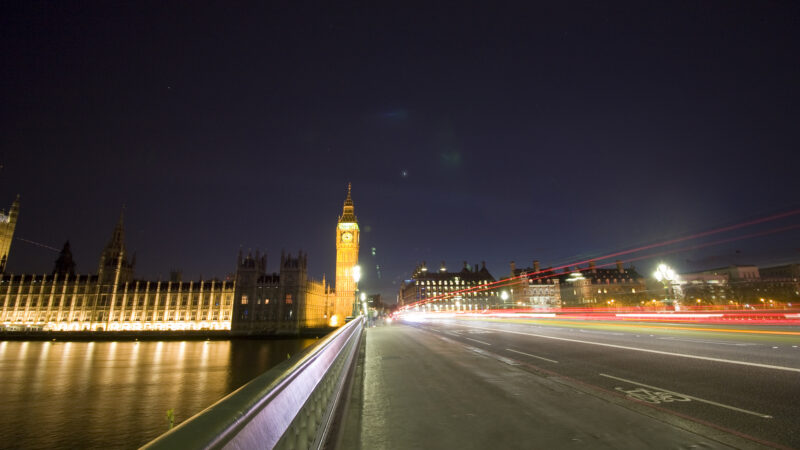Brexit and the myth of strength and decisiveness in British politics

Sometime in 2000 or 2001 when I was still an undergraduate, Bogdanor and Butler had invited Jack Straw to one of their workshops about British politics at Brasenose College. Whether Labour might eventually get around to reforming the UK’s election system was all the rage back then, and Straw was opposed. The merit of our system, Straw said, was that it creates strong governments with reliable majorities in parliament. And that results in stability.
Looking at Labour’s 1997 landslide, and further back over British politics since 1945 – with the exceptions of parts of the 1970s, and Major held hostage by the Maastricht rebels – he was probably right.
Looking at it now I am not so sure.
The foundations of British politics are not as solid as they were, nor are they as solid as the British media and politicians think they are. Voting behaviour is not as predictable as it was, and has become disconnected from its traditional class roots. Region, age, education, and cities the rest have grown in importance as cleavages. Devolution has changed party politics and the UK’s political culture.
And then there is Brexit, the biggest cleavage of all.
As the clock ticks down to the end of the Article 50 process, it looks like the House of Commons is deadlocked. There is a majority of MPs for Brexit in the abstract, but no majority for any one particular Brexit variant in detail.
How can this, the powerful Parliament, not be able to take a decision?
Everyone seems to simultaneously see that the House of Commons is unable to agree anything, but also to assume that some normality can still be mustered up somehow, from somewhere. That the Tories can somehow unify and get some Brexit deal through, or that Labour – somewhat more unified than the Tories – can instead prevail by forcing a new General Election. The culture – the two big parties slogging it out – remains resolutely unchanged.
A more collaborative political system would deal with this differently. There would be a genuine effort to work beyond party political lines to find a more widely agreed solution. But that has not happened to any significant extent. Any difference – the needs of Scotland or Wales in all of this for example – has been seen as a problem to be crushed and humiliated, not as something relevant to be accommodated.
And then – worst of all for Westminster – all Brexit business is being done according to an externally imposed deadline, namely the expiry of the Article 50 negotiation period on 29th March 2019. Parliament has in the past often been able to delude itself it is strong, by taking a clear decision to do nothing (like all the many delays on whether to build a third runway at Heathrow for example). But this time, on Brexit, that is not an option. Even a so-called “blind Brexit”, with all the crucial decisions left to the transition period, does not have a parliamentary majority on the UK side.
The UK side – its politicians, its commentators, its media – have not faced up to how unprecedented a situation this is. It goes against all of the British self perceptions of their politics.
All of this, I think, explains the eerie calm in the Brexit negotiations at the moment – at least in terms of the public statements. Nothing of note seems to have happened for weeks. Nothing has substantively changed. The EU does not want to bring all of this to a head, fearful it will be blamed were a public conflict to break out. And the UK side is still dreaming of a solution for the impossible, namely some deal that can win the support of a fractured and weak Parliament.
When May says the negotiations are nearing the end game, there is some truth to her words. She thinks the end game is the UK Government agreeing a deal with the EU. No. The end game is the UK political system and deadlocked Parliament being confronted with its own weakness.
We are nearly there, thank goodness. But it’s anybody’s guess how this will all play out.
Reform is badly needed. FPTP is an archaic class-based, oppositional, winner-takes-all, ‘trench warfare’ system totally unsuitable and damaging now. Labour should have tried to reform it when they had the chance. Perhaps, again, a third more pro-Europe political party might arise. Corbyn is finished btw….Corbyn, May and Foster will all go…